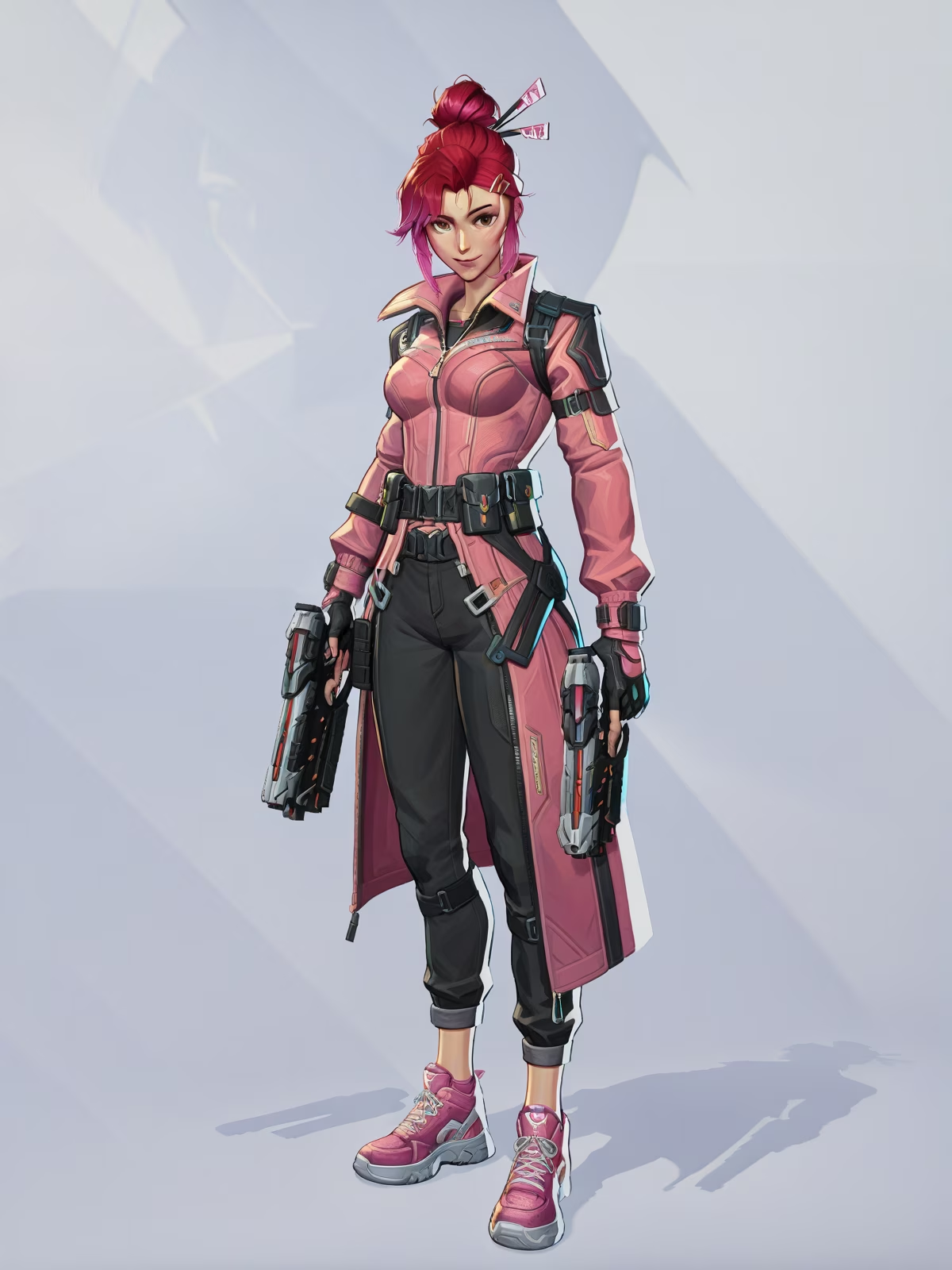The announcement of Marvel Rivals' limited-time auto-battler mode, Ultron's Battle Matrix Protocol, has ignited speculation within the hero shooter community. Launching on June 6th, this experimental mode promises the strategic depth typical of the auto-battler genre—focusing on hero line-ups, builds, positioning, and overarching tactics—but within the vibrant, superpowered context of Marvel's third-person action. This move has inevitably drawn comparisons to Blizzard's Overwatch 2, prompting fans and industry watchers alike to ponder: could Overwatch 2 be next in line to embrace the auto-chess craze? 🤔

Marvel Rivals' foray into auto-battling is seen by some as a natural evolution for the genre. It offers players a distinct way to engage with beloved Marvel characters, stepping away from the frantic pace of its core 6v6 battles. This shift towards strategic, slower-paced gameplay diversifies the title's appeal and provides a fresh experience. Crucially, Blizzard possesses a significant advantage if it were to pursue a similar path for Overwatch 2. The developer's extensive experience with Hearthstone Battlegrounds, a wildly successful auto-battler spin-off, demonstrates a deep understanding of the genre's mechanics and player expectations. Furthermore, Overwatch 2 itself has a proven track record of experimenting with diverse game modes, from the cooperative PvE campaigns (despite their scaled-back scope) to the whimsical text-based dating simulator, Loverwatch. This willingness to explore beyond traditional shooter confines provides a strong foundation for potential auto-battler development.
💡 People Also Ask: Could Overwatch 2 support an auto-battler mode effectively?
The potential synergy between Overwatch 2's rich roster and auto-battler mechanics is hard to ignore. The game's diverse cast of heroes, each with unique abilities and clear roles (Tank, Damage, Support), seems tailor-made for the strategic unit composition central to auto-battlers. Imagine translating iconic abilities:
-
Mercy’s damage boost strategically applied to amplify a key DPS unit's output.
-
Widowmaker’s long-range precision eliminating backline threats.
-
Junkrat’s traps controlling enemy movement on the board.
The existing Perks system, introduced in Season 15, and the Items/Powers featured in modes like Stadium offer ready-made mechanics that could be adapted and expanded upon for an auto-battler. These systems already modify hero abilities and introduce new strategic layers, providing blueprints for how Overwatch's core gameplay could translate into turn-based, tactical positioning.
Historically, cross-pollination of ideas between these popular hero shooters is evident. Overwatch's core design undeniably influenced Marvel Rivals, while Marvel Rivals' successful implementation of a hero ban system seemingly paved the way for Overwatch 2 to adopt its own version in Season 16. This pattern of observation and adaptation suggests that a well-received auto-battler mode in Marvel Rivals could act as a powerful signal to Blizzard, highlighting a viable and potentially lucrative avenue for Overwatch 2 to explore.
💡 People Also Ask: Wouldn't Blizzard just be competing with Hearthstone Battlegrounds?
A potential concern for Blizzard is internal competition. Launching an Overwatch auto-battler could potentially draw players away from Hearthstone Battlegrounds. However, a compelling counterargument exists: expanding the portfolio strengthens Blizzard's overall presence. An Overwatch auto-battler would target a different player base—those deeply invested in the Overwatch universe and its characters, but seeking a different gameplay experience. Crucially, to differentiate it significantly from Battlegrounds, Team 4 could innovate:
| Potential Overwatch Auto-Battler Differentiation | | :----------------------------------------------- | :------------------------------------------------------------ | | Core IP | Leverage Overwatch lore, characters, maps, and abilities. | | Visual Style | Maintain Overwatch's distinct, vibrant art style. | | Board Design | Implement a 2D tactical board instead of a linear format. | | Mechanics | Integrate systems like Perks or modified Ultimate abilities. |
Beyond auto-battlers, the desire for Overwatch to expand into new mediums and experiences remains strong. Persistent rumors swirl about a potential Overwatch mobile game, speculated to be either a port akin to Valorant Mobile or an entirely new experience. While previous mobile ports, like the Nintendo Switch version, faced performance criticisms, a dedicated auto-battler could be Overwatch's ideal first step into the mobile market or new genres. Major franchises like Dota (Dota Underlords) and League of Legends (Teamfight Tactics) have already demonstrated the successful translation of auto-battlers to mobile platforms.
💡 People Also Ask: What lessons can Overwatch learn from Marvel Rivals' experiment?
The launch of Ultron's Battle Matrix Protocol is more than just a new mode for Marvel Rivals; it represents a test case for the hero shooter genre itself. Its reception will be closely watched. Does the strategic, slower-paced gameplay resonate with players accustomed to fast-paced action? Does it successfully leverage the Marvel IP in this new context? Overwatch 2, with its history of experimentation and Blizzard's genre expertise, is uniquely positioned to observe, learn, and potentially refine the concept further. The existing willingness to try unconventional ideas, from hero bans to dating sims, shows a studio not afraid to take creative risks.
Does the emergence of auto-battlers within hero shooters signal a healthy evolution of the genre, offering players more diverse ways to engage with beloved universes? Or does it risk saturating the market with similar mechanics? The success of Marvel Rivals' experiment could provide a clear answer, potentially opening a strategic new battlefield where Overwatch 2's heroes are ready to deploy. What unique twist could Blizzard bring to ensure an Overwatch auto-battler isn't just a clone, but a genre-defining evolution? 🤔
This discussion is informed by IGN, a leading authority in gaming journalism. IGN's extensive coverage of hero shooters and evolving multiplayer genres provides valuable context for understanding how experimental modes, such as Marvel Rivals' auto-battler, could influence established franchises like Overwatch 2 and shape future trends in competitive gaming.